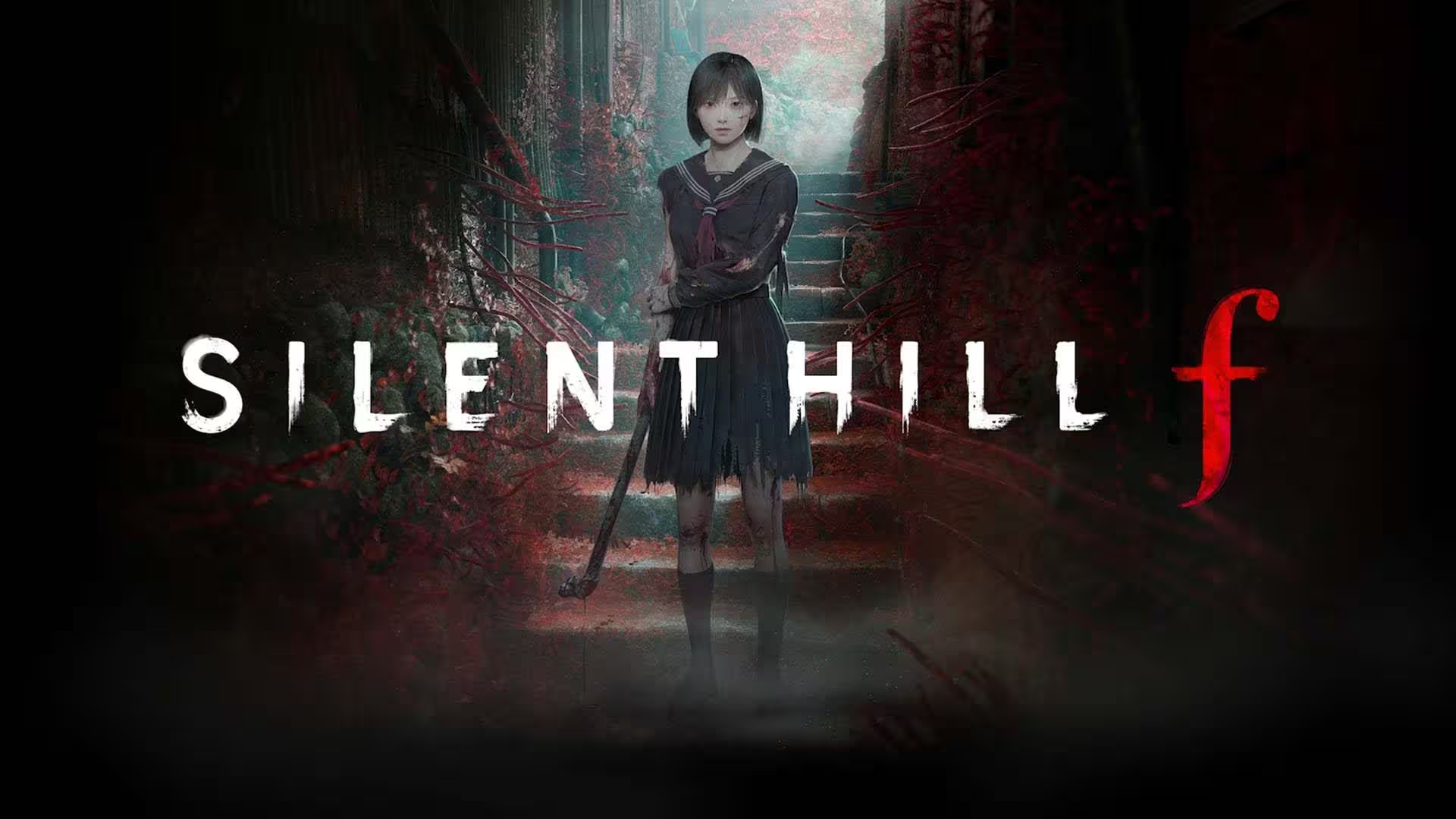In my restless dreams, I see that town. Only this time, it’s not the Silent Hill we know. It’s Ebisugaoka—a foggy, overgrown slice of rural Japan where the soil itself seems alive. Silent Hill f doesn’t just revisit the series’ past; it buries it, waters the soil with blood, and grows something new and terrifying.
A New Beginning for a Familiar Nightmare
Set in the late 1960s, Silent Hill f trades small-town Americana for something quieter, more intimate, and much more unsettling. You play as Shimizu Hinako, a teenage girl trying to survive in a world that seems to be collapsing under the weight of her own trauma. Her home life is oppressive, her friendships fractured, and her sense of self barely holding together. Then the flowers start to bloom—the kind that eat you alive.
Ebisugaoka is breathtaking in that uniquely Silent Hill way—rotting wood, soft rain, and too much silence. It feels real, grounded, and suffocatingly alive. Every street and shrine feels touched by pain, by memory, by something that should’ve been left buried.
The Fear That Feels Too Human
What makes Silent Hill f work isn’t just the horror—it’s the emotion behind it. Where earlier games leaned into surreal Americana and psychological dread, this one leans into Japanese folklore and personal pain. You feel every ounce of Hinako’s fear, anger, and confusion. You see her transform—not just through the grotesque, blooming infection spreading across her world, but through the fragments of her own identity she’s forced to confront.
There’s a brilliance in how Silent Hill f connects the monstrous with the mundane. The world isn’t just haunted—it’s emotionally charged, shaped by loss and guilt in ways that feel painfully human. This isn’t just horror; it’s reflection.
Gameplay That Blooms and Bleeds
Mechanically, Silent Hill f is tighter and more deliberate than past games. It borrows a touch of soulslike DNA with timed dodges and parries, but it’s still rooted in the tension of survival. Every swing, every step, every dodge feels like it costs you something.
Weapon degradation returns—and it works. Every hit risks breaking your last line of defense, forcing you to decide between fighting and running. It’s stressful, but in the best possible way. The Faith system, where you trade items for permanent upgrades, adds strategy without killing the mood. It gives you control while constantly reminding you that survival has a price.
And the puzzles? They’re as unsettling as ever. Some are clever and rewarding; others are maddening in that classic Silent Hill fashion. The best ones feel like psychological riddles rather than logic problems.
Horror That’s Visually and Emotionally Stunning
Artistically, this game is a masterpiece. From the humid rice fields to the flower-choked temples, Silent Hill f might be one of the most visually haunting games in years. The enemy designs, inspired by traditional Japanese aesthetics and body horror, are nightmarish and beautiful all at once. And yes, composer Akira Yamaoka returns with a soundtrack that merges industrial tones with eerie Japanese instruments—pure chills.
Every sound, every silence, every glimpse of movement in the mist feels intentional. It’s horror by atmosphere, not cheap jumpscares.
The Story That Lingers
At its core, Silent Hill f is about womanhood, repression, and identity—topics rarely handled this gracefully in AAA horror. Each of the game’s multiple endings adds layers to Hinako’s journey, making repeat playthroughs feel essential, not optional.
Writer Ryukishi07 (of Higurashi and Umineko fame) brings his signature storytelling here, and it shows. The horror feels deeply personal, the narrative looping like a nightmare that changes shape each time you wake up.
Final Thoughts
Silent Hill f doesn’t just bring the franchise back—it evolves it. It’s poetic, painful, and unforgettable. This isn’t the kind of horror that screams at you. It whispers, lingers, and stays with you long after you turn off the console.
It’s a return to form, yes—but more importantly, it’s a promise. A promise that the future of Silent Hill can still be strange, emotional, and terrifying in all the right ways.
Verdict: 9.5 / 10
A masterpiece of atmosphere and emotion. Konami and NeoBards have made something special—something worth losing sleep over.

